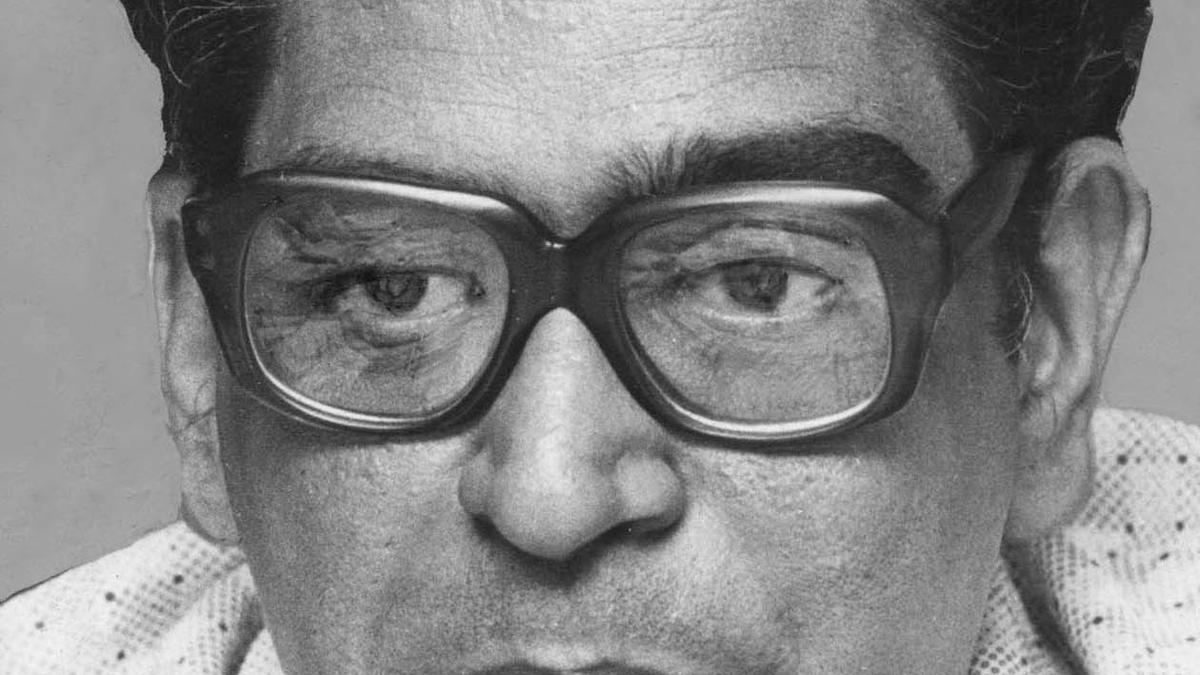In pushing to stop Tapestry Inc.’s $8.5 billion takeover of Capri Holdings, the Federal Trade Commission is arguing that, if combined, Coach, Kate Spade and Michael Kors would hold too much sway over the “‘accessible luxury’ handbag market.”
It’s a case that promises to, eventually, define “accessible luxury” — a marketing term coined by Coach — in legal terms.
But Tapestry is asking the court to compel the government to define that market up front so it can defend the deal over the course of an expedited trial schedule.
“Defendants do not know if the FTC’s ‘accessible luxury handbag’ market is defined around certain brands, is bounded by price points, or is defined by the consumer’s household income,” Tapestry’s lawyers argued to the court in papers filed Friday.
“There is no simple definition. What is in the market and what is out?” they said.
Tapestry, for instance, says it does not know if the FTC’s definition of “handbag” includes “backpacks, duffel bags, crossbody bags, business bags and other small bags” or not.
Exactly where “accessible luxury” sits on the spectrum between the mass market and true luxury is also nebulous.
The Michael Michael Kors Colby handbag.
Mert Alas/Courtesy of Michael Kors
“The FTC offers that at least one Tapestry document opines that ‘mass-market’ handbags ‘typically fall’ below $100, and that luxury handbags have ‘entry points of $1,000+,’” the court papers note. “But that same discussion in the complaint also cites to a different Tapestry document indicating a ‘product focus’ in North America ‘between $150 to $500.’
“Those are very different ways to slice the pie, and could lead to different sets of competitors, different sets of third-party discovery, and of course different market shares,” the papers said.
Tapestry said it and Capri have “produced to the FTC millions of documents, troves of data, and offered multiple witnesses to answer questions as part of the FTC’s internal, pre-complaint investigation.”
The company has also asked, repeatedly, for the FTC to give its definition of the market and says it must have one as it gave a redacted reading of just how much of the market Tapestry would control after the deal.
“Defendants presently intend to show, among other things, that the FTC’s market is inconsistent with commercial realities because it does not accurately reflect how competition occurs in 2024,” Tapestry’s lawyers said, referring to their own efforts. “But defendants simply cannot do that effectively without knowing the basic contours of the FTC’s alleged product market.”
Tapestry underscored that it was not trying to dictate how the FTC defined the market, but just to understand the definition so they could defend against it.
While such definitions can come to light during the discovery process, Tapestry said the pace of the case — the company wants to close the deal this year — doesn’t make that workable.
“Defendants therefore ask, in the alternative, that the court order the FTC to respond to one interrogatory, within seven days of the court’s ruling: ‘Define the product market you intend to prove at trial,’” Tapestry said.
The two sides had a preliminary meeting with the judge already and are due to meet for an evidentiary hearing Sept. 9.







